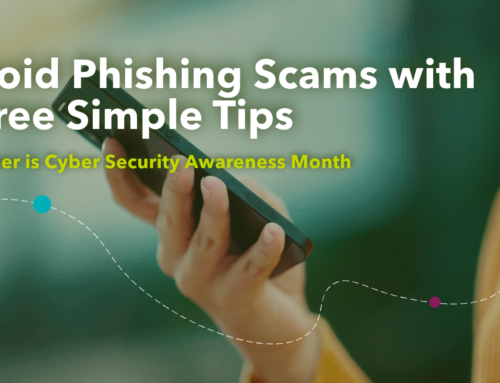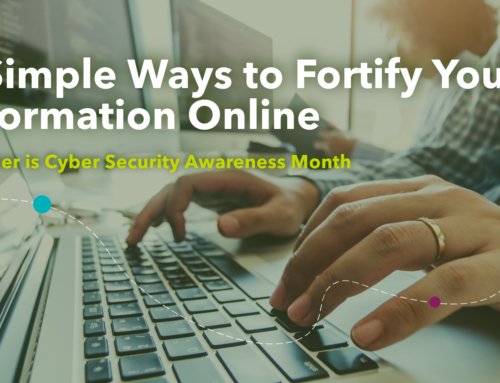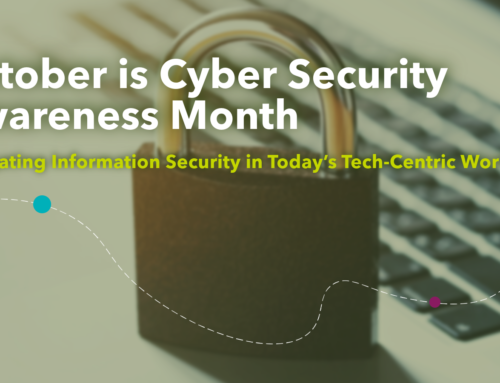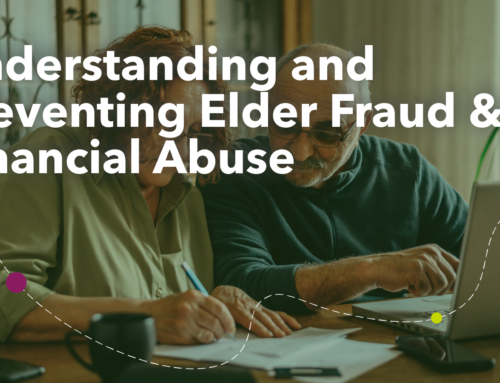June is Elder Abuse Awareness Month. Top Scams Targeting the Elderly
Statistics show that up to five million elderly Americans are abused every year. Criminals often target people over 60 because they are more financially secure, may experience memory loss, and tend to be more trusting.
To ensure you or your loved ones are protected, we have compiled a list of the latest top scams.
The Grandparent Scam
The Grandparent Scam takes advantage of a person’s love for their grandchild. Scammers will call an older person, saying, “Hi Grandma, do you know who this is?” When the grandparent guesses the grandchild’s name the scammer sounds most like, the scammer establishes the fake identity. Then, they will usually ask for money to solve unexpected financial problems, such as overdue rent or payment for car repairs. The funds must be paid via Western Union or another similar method. In addition, the scammer will beg the grandparent not to tell their parents for fear of getting in trouble.
The Puppy Scam
Seniors that have lost a loved one and are looking for companionship are most vulnerable to pet scams. A scammer will post a picture on the internet of an adorable puppy available for a low price. In addition, they typically include a heart-breaking story on why the cute puppy needs a new home ASAP. Once the older person contacts the seller (scammer), several fees – such as up-front adoption fees, shipping costs, etc. – must be paid via wire transfer or prepaid debit cards. Then, after those fees are paid, there are often additional fees and multiple delays. Examples of these fees are insurance costs, specialized veterinary care, quarantine costs, etc. Unfortunately, there was never a puppy – and the victim’s money is gone.
The Tech Support Scam
In the Tech Support Scam, scammers often pose as support or service representatives, offering to resolve an issue. For example, a compromised email, financial account, or virus on a computer. These scams start with a phone call or a pop-up warning of a computer problem that provides a number to call. The scammers claim to be from Microsoft or Apple to make the elderly person feel secure. Often, they spoof caller ID to make it look like one of these companies is actually calling. Next, these scammers convince people to hand over remote access to their computers so they can “troubleshoot.” Then, they open system folders or run scans to show evidence of a problem. Ultimately, they ask for money for the supposed repairs.
Funeral Scams
The FBI warns about two types of funeral-related fraud that have been on the rise. The first one, scammers read obituaries and call or attend the funeral service to take advantage of the grieving widow or widower. Then, the scammer claims that the deceased had an outstanding debt with them and tries to extort money from relatives to settle the fake debts. In another scam, funeral directors insist that an expensive burial casket is necessary even when performing a direct cremation. In reality, an inexpensive cardboard casket can be used for cremation.
Contact A Local Agency
Be on the lookout for red flags that may indicate someone is trying to scam you. Also, share this information with loved ones so they can protect themselves. If you experience suspicious activity, you should file a Suspicious Activity Report with FinCEN and notify your local Adult Protective Services agency.






